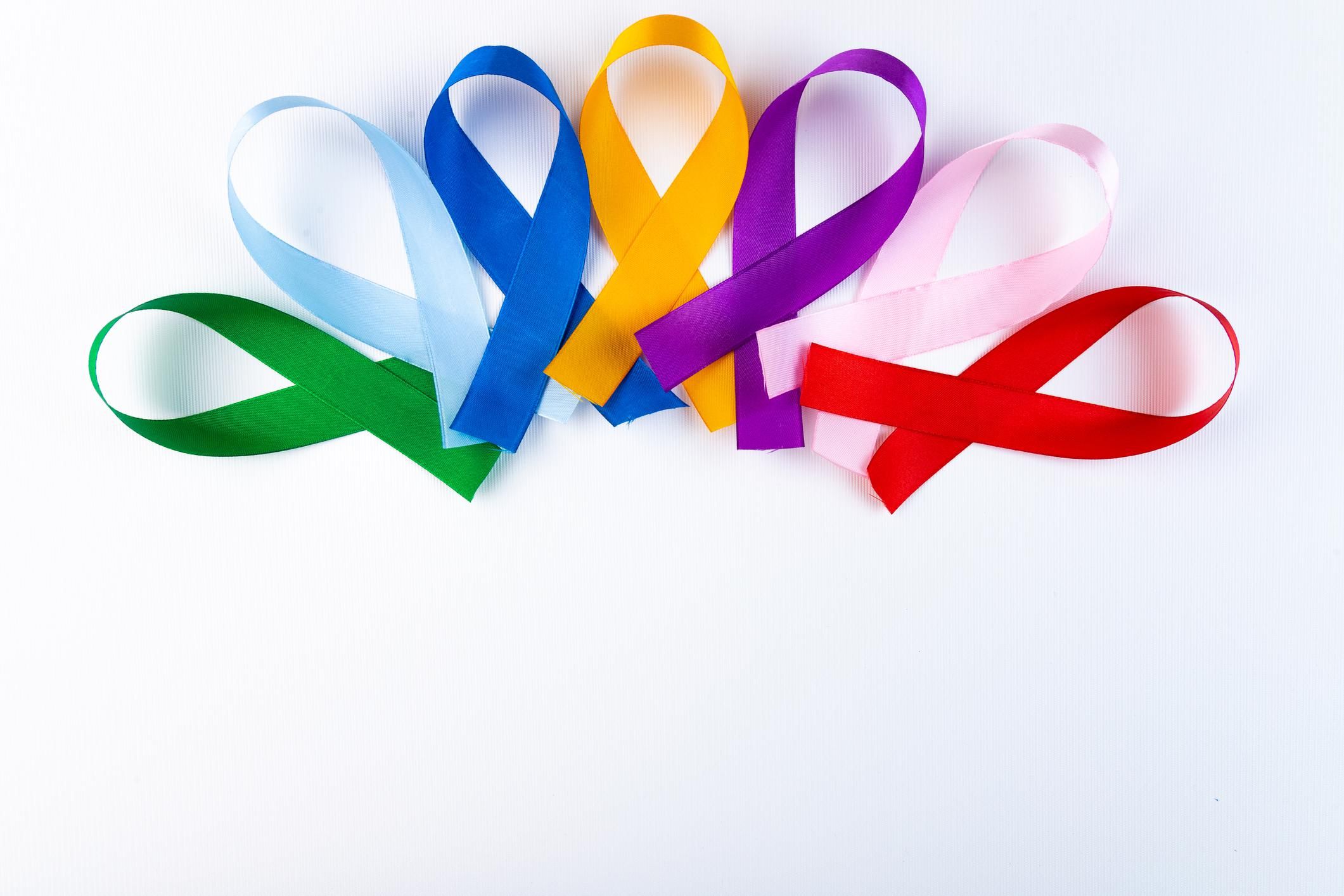One of the good things that happened during this time is that I graduated from seeing my urologist monthly—first to twice a year and finally to yearly checkups. This not only saved me money on doctor bills, but I was getting past the dreaded five-year survival clock. I grew more confident about reaching out to others about bladder cancer.
The two freelance medical writers who had contacted me, Karen and Kathleen, helped me to find people in the medical field who were interested in my efforts. I was asked to serve as a patient advocate for SPORE (Specialized Program of Research Excellence), a bladder cancer research project funded by grants from the National Cancer Institute (NCI). Because so little is known about bladder cancer, the SPORE initiative was created to fund research and speed the flow of knowledge from the laboratory to the clinic, where it could help patients. I served on the executive committee of the bladder cancer research team for the MD Anderson Cancer Center and attended the SPORE conference in Washington, D.C., as a patient advocate. I was also the guest speaker for the White House Communications Agency's observance of Women's History Month.
In between all this, I was on my soapbox wherever I could be heard. More and more people wanted to contact someone who was a survivor, and they were finding me. I spent a lot of time online answering questions, and in the evenings I answered telephone calls.
During this time I met Cynthia Kinsella, who had found my website and joined my online group. She shared my dream to establish a foundation and a site for anyone who needed support or information. She understood why the public needed to be made aware of this cancer. She is now president of the American Bladder Cancer Society. She is the woman who made the dream come true.
Before the dream became a reality, however, my husband's health grew steadily worse. He had more frequent stays in the hospital and in intensive care because of his worsening COPD (chronic obstructive pulmonary disease). My time to pursue my goals was limited because I had to care for him. I was working and living at the hospital. The last three years he was alive, he was in the hospital on a respirator 18 times.
I look back and wonder how I survived. The experience took its toll on my emotions and my health. There were times when I was so stressed that I had difficulty using the catheter. There were times when I was so tired and had a chance to get some sleep that I wished for that old bedside bag. There was no time to meet my needs, health or otherwise. Our medical bills were so high that I did not have the money to hire someone to help me to take care of him at home.
Read more of her story on HealthyWomen.org:
Living With Bladder Cancer
Two Diagnoses, One Couple, One Day: Could it be Possible?
Lots of Questions and No One to Talk To
Preparing for Surgery and Staying Positive
It's Not Leprosy, It's Cancer
My Bladder Cancer Surgery
Recovering from Surgery and Still Struggling to Find Support
Finding Humor in Trying Times
Adjusting to the New Life After Surgery
Achieving a "New Normal"—and Then a Setback
Recovering, Caregiving and Looking for Work
Getting the Word Out to Women About Bladder Cancer
Learn more about bladder cancer and about Sylvia L. Ramsey, cancer survivor, advocate, author and public speaker, at: www.bladdercancersupport.org, www.authorsden.com/sylvialramsey1


